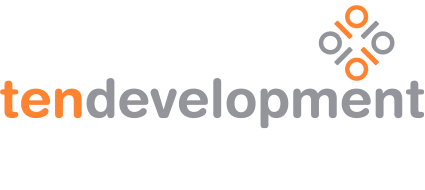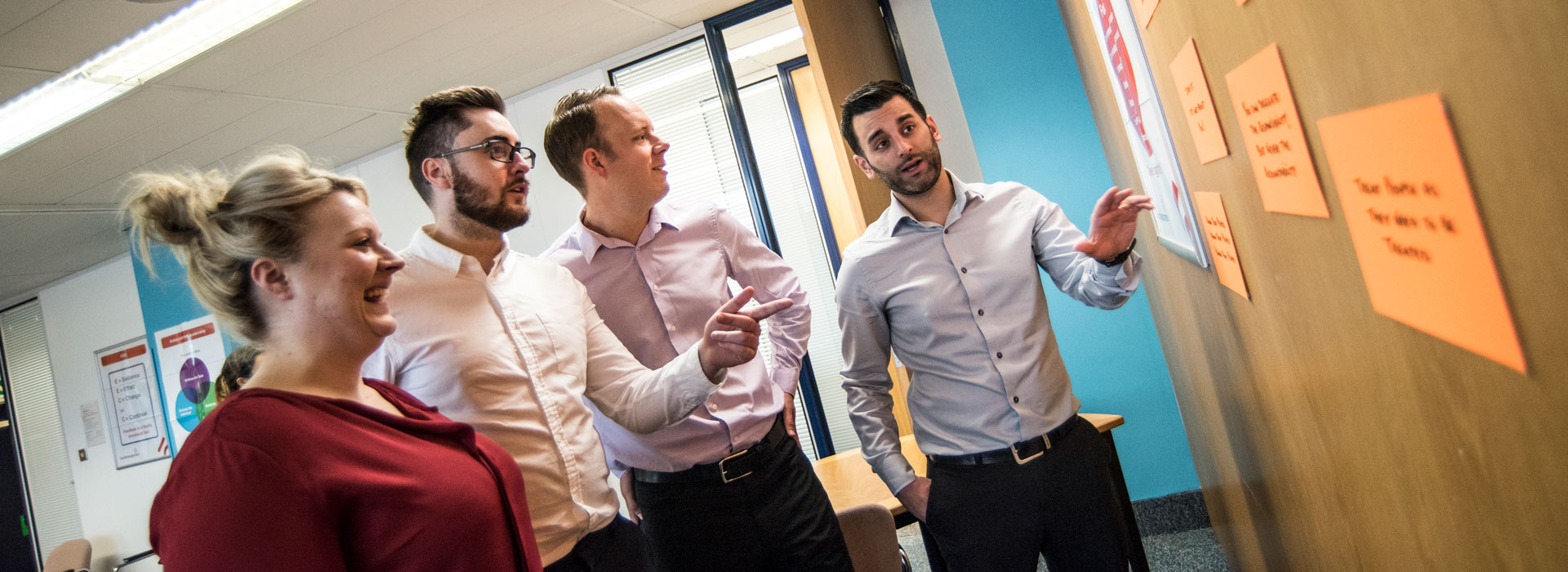We know every client is different, so we are more than happy to work in partnership with you to design sessions / programmes that exactly meet your individual needs and specific circumstances, but we also wanted to give you a flavour of the types of things we do.





